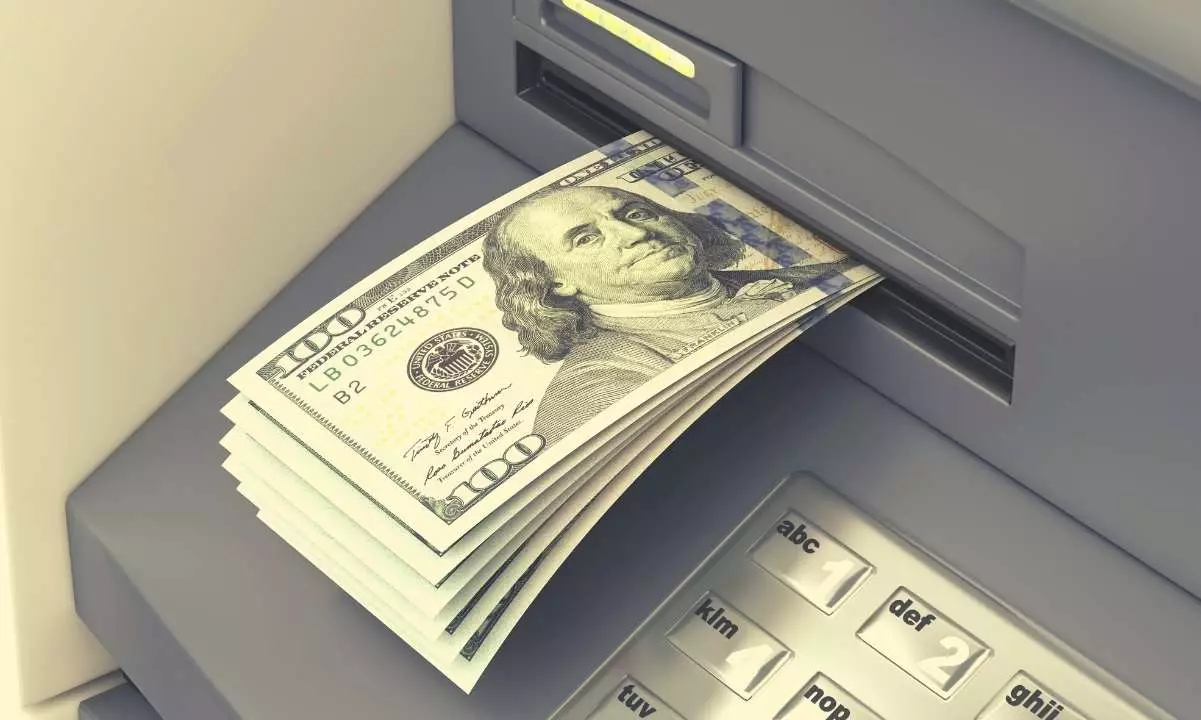The Central African Republic (CAR) has recently made headlines with the introduction of a new national meme coin, aptly named CAR. This development, spearheaded by President Faustin-Archange Touadéra, has generated considerable buzz and skepticism alike in the volatile world of cryptocurrencies. Coming at a time when digital currencies are already mired in speculation and uncertainty, the launch has raised pertinent questions regarding its authenticity, transparency, and long-term viability. It serves as a reminder of the unpredictable nature of meme coins and the frantic trading habits they can provoke.
Profit Amid Uncertainty
Interestingly, the announcement enabled a savvy trader to transform a mere $5,000 investment into an astonishing $12 million in under three hours, thanks to the newly minted CAR tokens. This type of meteoric rise is not uncommon in the increasingly unpredictable realm of meme coins but raises ethical questions about market manipulation and the exploitation of inexperienced investors. The trader’s strategy involved acquiring approximately 46.57 million CAR tokens for 25 SOL shortly after the announcement and subsequently selling a portion at inflated prices. Such stories, while compelling, can create FOMO (fear of missing out) in the minds of potential investors, several of whom may lack the knowledge to navigate this precarious environment effectively.
Despite the tantalizing profits, substantial doubts quickly emerged regarding the legitimacy of the CAR coin. AI verification tools flagged the originally posted announcement, suggesting it may have been manipulated. Although automated systems sometimes misjudge legitimate content, both analysts and commentators raised red flags about the video and its context. If the president’s account had indeed been hacked or compromised, it speaks volumes about the security measures in place supporting this national initiative.
Analysts are further troubled by the project’s seemingly hasty registration on Namecheap—a process that generally raises suspicion regarding the credibility of an initiative presumed to be backed by a national government. This notion is compounded by the fact that although Touadéra presented the coin as fully secured, there were claims that he retained the ability to modify or withdraw the locked tokens at any point. Concerns were voiced by several experts, particularly Yokai Ryujin, who underscored the potential risks associated with this untrustworthy ecosystem. The fact that the coin debuted in the early hours of the morning only added to the air of secrecy surrounding its release.
Following critical assertions regarding the coin, negative developments continued to unfold, further destabilizing investor confidence. Reports surfaced suggesting that the developers had revoked the original Streamflow contract, relocating tokens back to their wallets and creating a new contract instead. This lack of transparency has fueled skepticism among market observers, and experts argue that a lack of such fundamental steps spells trouble for the CAR project. Ryujin estimated that the developers retained an alarming $17 million worth of tokens, a figure that could potentially jeopardize project liquidity, which is considerably smaller at just $3 million.
This incident shines a light on the rapidly transforming landscape of meme coins, which are often born out of internet culture but increasingly garnering interest from political figures and governments worldwide. Just as the CAR has been implemented as a strategic messaging tool, various meme coins across the globe can draw upon collective cultural narratives to garner attention. However, with the power to entice investors comes the imperative to prioritize transparency and ethical considerations. The hoax revealed by the CAR case serves as a wake-up call for investors, urging caution in an increasingly crowded and treacherous market.
The CAR meme coin represents more than just a novel financial instrument; it exemplifies the complex intersection of digital culture, politics, and economic participation. While there may be lucrative opportunities, the ethical, legal, and security issues that arise must be carefully navigated. As investors continue to dive into this rapidly evolving space, the CAR predicament stands as a stark reminder of the consequences of unbridled enthusiasm paired with insufficient due diligence. As the adage goes, “If it seems too good to be true, it probably is.”

